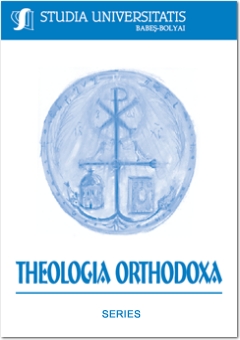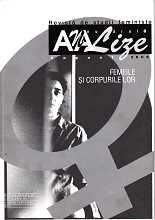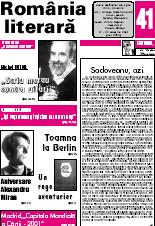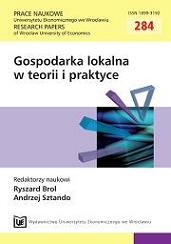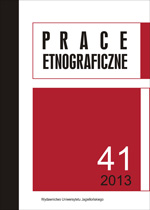
The art without Art
The art without Art
Keywords: Clifford Geertz; thick description; art; media
This article is based on an analysis of the social field of the art and cultural category designed to described human taste of aestheticism and need to art creativity. The main idea of this paper is attempt of amendment existing applied notions to the description and analyses of art. To this purpose author is using the analogy between the iconoclash notion suggested by Bruno Latour, and proposed by oneself idea of the mediaclash. This phenomenon characterized by a clash of aesthetics and usage of formal means (especially digital technologies, which are the foundations of the very existence of new media). The second proposition is arthick category, used like Clifford Geertz thick description. This concept show a procedure of interpretation that sets the meaning of particular actions within their proper context, which makes it possible to understand human creative actions and it’s connections with social field.
More...
